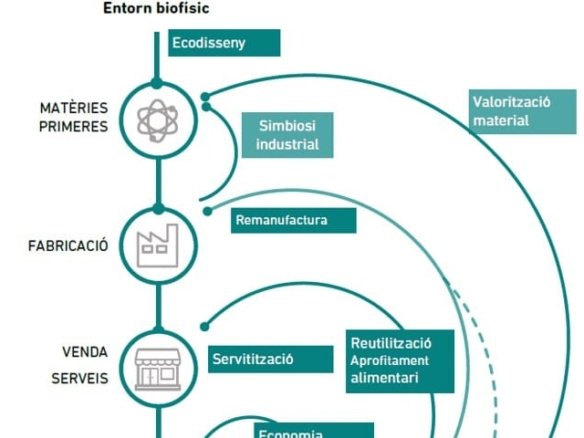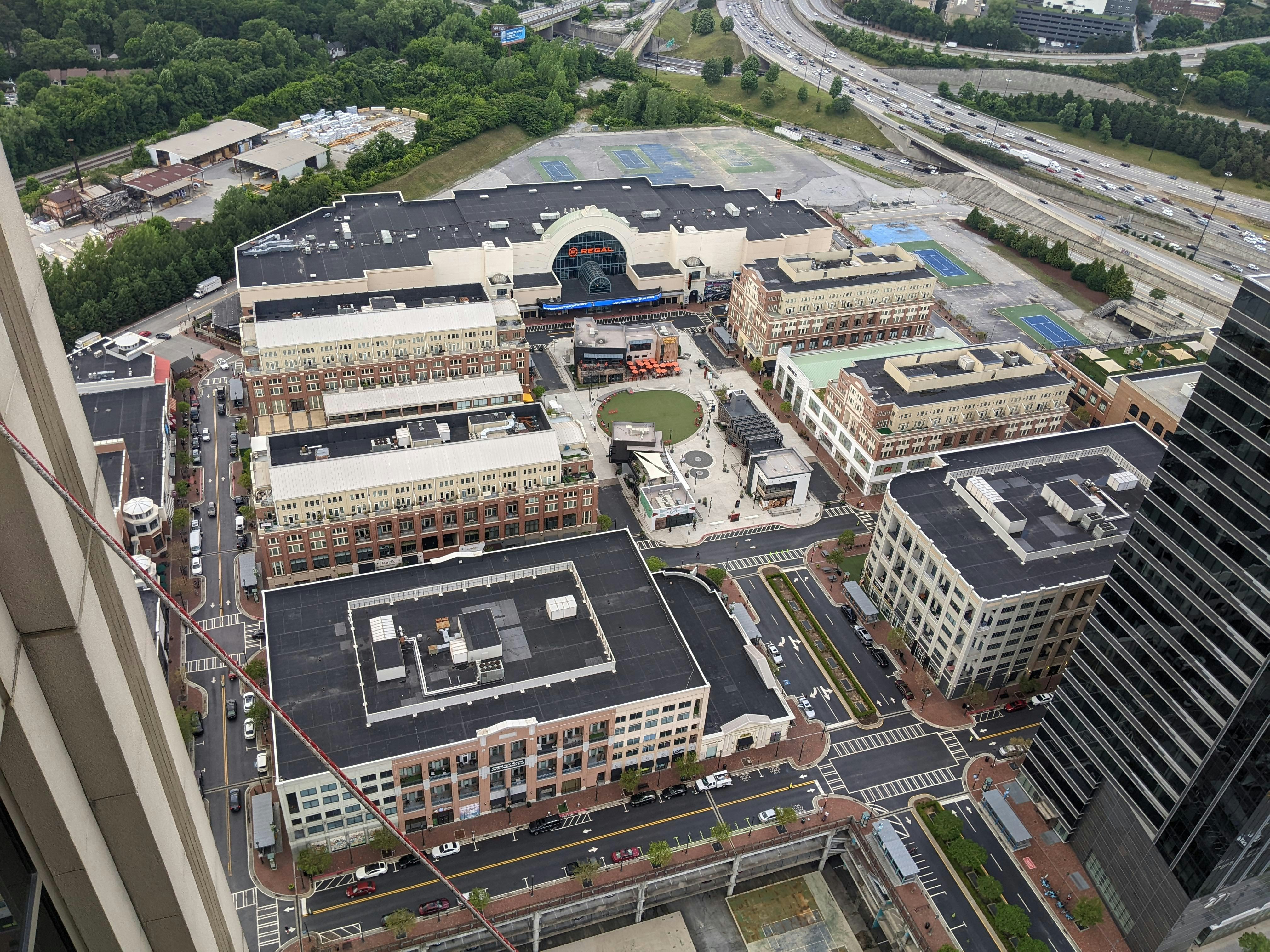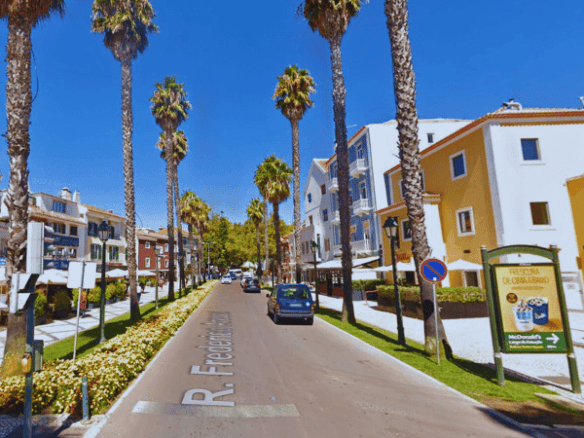Renovating Your Home in Portugal: A Guide to Government and Municipal Support
In Portugal, the government offers a variety of programs and benefits to support the renovation and rehabilitation of homes for both individuals and companies. These incentives are designed to promote urban renewal, improve living conditions, and enhance the energy efficiency of buildings.
Here are the main programs and support options available:
1. Financial Instrument for Urban Rehabilitation and Revitalization (IFRRU 2020)
The IFRRU 2020 is one of the primary financial instruments for renovating buildings. It provides loans with favorable conditions, such as lower interest rates and extended grace periods, for the rehabilitation of buildings over 30 years old (or those in poor condition), social housing, public spaces, and abandoned industrial units.
- Who can apply: Individuals or legal entities, whether public or private, for-profit or non-profit.
- What it supports: Comprehensive rehabilitation of buildings, with or without structural changes, and complementary energy efficiency measures.
- How to apply: Applications are submitted through banks selected to manage IFRRU 2020 funds. It is essential to verify that the property is located within a designated Urban Rehabilitation Area (ARU).
2. Recovery and Resilience Plan (RRP) Programs
Portugal’s RRP includes investments dedicated to housing, such as the Support Program for Access to Housing. This program aims to provide dignified housing for families in need and vulnerable groups by financing the construction of new buildings or the renovation of existing homes.
- Objective: To address housing needs, particularly in cases of housing shortages, precarious living conditions, or inadequate homes.
- Scope: While primarily focused on social housing and vulnerable families, the RRP’s broad investments in housing can indirectly support general home renovation efforts.
3. National Fund for Building Rehabilitation (FNRE)
The FNRE is a special real estate investment fund created to finance the rehabilitation of buildings.
- Who can apply: Both public entities and private individuals are eligible.
- What it supports: The complete renovation of buildings at least 30 years old, the rehabilitation of abandoned industrial spaces, and the restoration of social housing. It prioritizes projects that will allocate the majority of units to affordable rental housing.
- How to apply: Applications are submitted on the Fundiestamo website, typically within an annual deadline.
4. Energy Efficiency Support
There are specific programs aimed at improving the energy efficiency of homes, which contribute to their renovation and increase their value:
- Efficiency Voucher Program (Vale Eficiência): Awarded to households experiencing energy poverty to carry out works that improve a home’s energy performance (e.g., installing efficient windows, insulation, or heating systems). The voucher is worth €1,300 (+ VAT) per phase, and up to three vouchers can be awarded per household.
- More Sustainable Buildings Program (Edifícios mais Sustentáveis): This program offers co-financing for interventions that promote energy and water efficiency, such as replacing windows, adding thermal insulation, and installing solar photovoltaic systems.
5. Tax Benefits for Urban Rehabilitation
Renovating properties, especially those within an Urban Rehabilitation Area (ARU), grants access to several significant tax benefits:
- Reduced VAT: Renovation work on properties located in an ARU (or on any residential property over 30 years old) benefits from a reduced VAT rate of 6%, down from the standard 23%.
- IMI Exemption (Municipal Property Tax): Rehabilitated properties in an ARU may be exempt from IMI for up to 5 years. This exemption can be renewed if the property is used for permanent residence or rental.
- IMT Exemption (Property Transfer Tax): An exemption from IMT may be granted when purchasing a property for rehabilitation, provided the renovation work begins within a maximum of 3 years.
- IRS Deduction (Personal Income Tax): Private owners can deduct 30% of their renovation expenses from their IRS liability, up to a maximum of €500, for properties located in an ARU.
- Reduced Municipal Fees: Many municipalities offer reductions or exemptions on planning fees and other local taxes for rehabilitation projects in an ARU.
6. Municipal-Level Support
It is crucial to check with your local Municipal Council (Câmara Municipal), as many municipalities have their own specific programs to support local urban renewal, which can complement national aid. They can provide information on the designated Urban Rehabilitation Areas (ARUs) in your region and any applicable local incentives.
How to Get More Information and Apply:
- Housing Portal (Portal da Habitação): A central resource for information on many of these programs.
- Recover Portugal (Recuperar Portugal): The official website for programs under the Recovery and Resilience Plan (RRP).
- Environmental Fund (Fundo Ambiental): For support related to energy efficiency (Efficiency Voucher, More Sustainable Buildings).
- Your Municipal Council (Câmara Municipal): The planning department of your local council is the key source for information on ARUs, permits, and local support.
- Banks: For detailed information on IFRRU 2020 and other credit lines for rehabilitation projects.
Before beginning any renovation work, it is always advisable to thoroughly research the specific requirements, application deadlines, and eligibility criteria for your property and situation for each program.






Join The Discussion